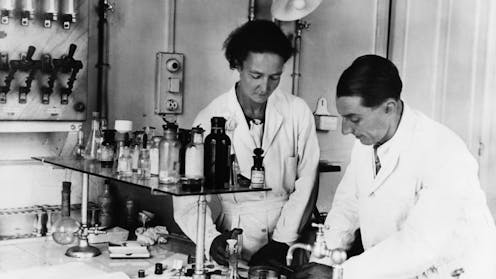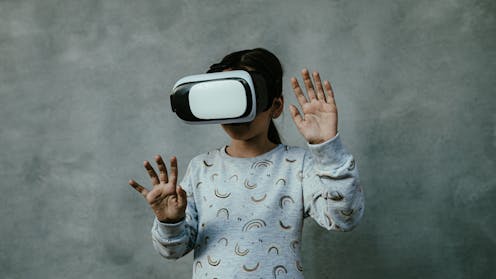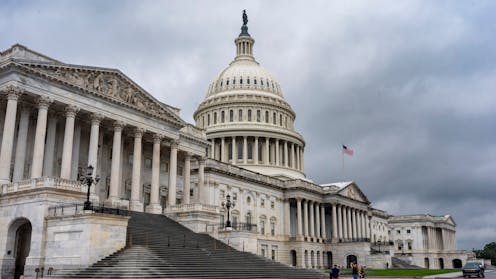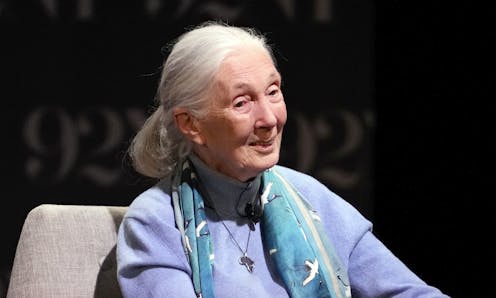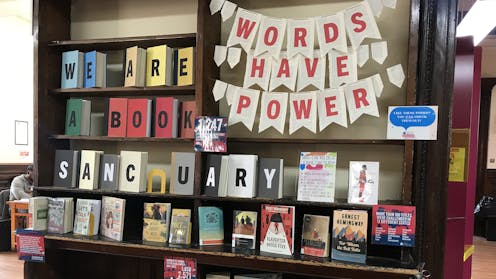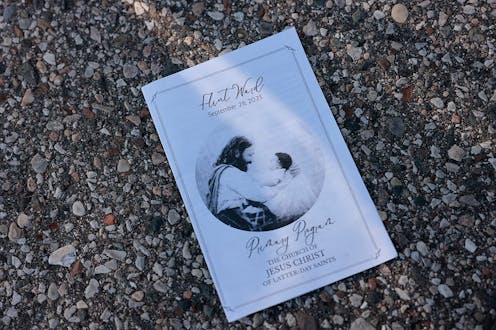Breastfeeding is ideal for child and parent health but challenging for most families – a pediatrician explains how to find support
- Written by Ann Kellams, Professor of Pediatrics, University of Virginia
 Many new parents start out breastfeeding but switch to formula within a few days.JGI/Jamie Grill via Tetra Images
Many new parents start out breastfeeding but switch to formula within a few days.JGI/Jamie Grill via Tetra ImagesAs a pediatrician, I thought my medical background and pediatric training meant I would be well prepared to breastfeed my newborn. I knew all about the research on how an infant’s diet can affect both their short- and long-term...


